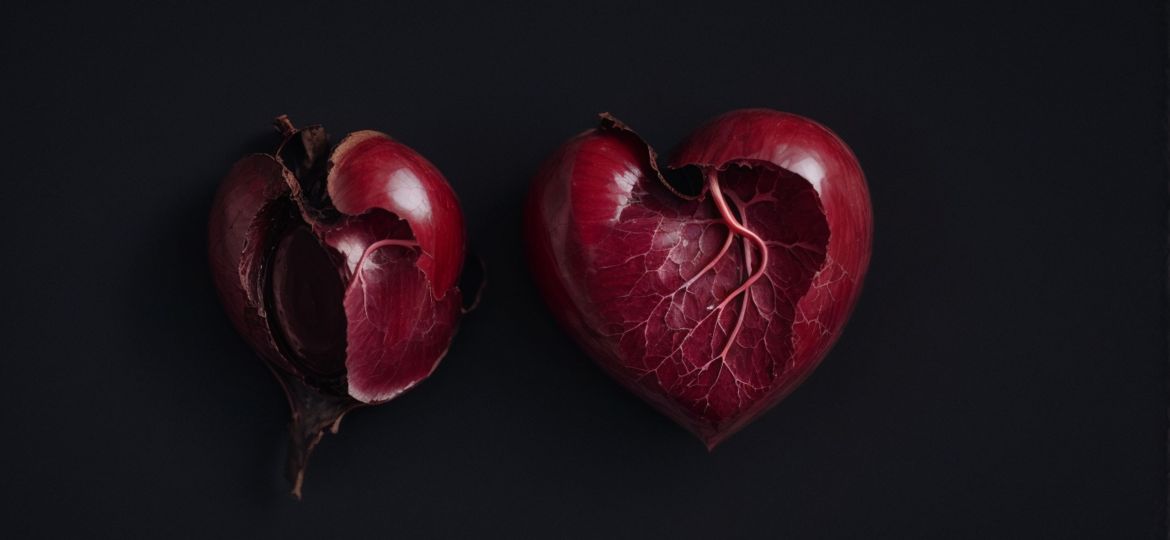Think of your heart and kidneys as two dancers in a synchronized performance. When they’re in sync, everything flows smoothly. But when one stumbles, it can throw the entire routine off balance. These two vital organs are deeply interconnected, and if one falters, the other often follows suit. If your kidneys aren’t working properly, they can trigger a chain reaction—high blood pressure, fluid retention, and inflammation—which places a heavy burden on your heart. On the flip side, heart problems can reduce blood flow to your kidneys, making it harder for them to function effectively.
Chronic kidney disease (CKD) and heart disease often come hand in hand, with each fueling the other. In fact, heart disease is the leading cause of death among people on dialysis, the life-saving treatment for kidney failure. But here’s the good news: you can break the cycle by managing the root causes of both conditions—diabetes, high blood pressure, and anemia—before they take hold.
Let’s explore how these two organs work together and why it’s essential to care for both.
The Heart-Kidney Connection: A Delicate Balance
Your heart and kidneys are in a constant state of communication, depending on one another to keep the body running smoothly. When kidney function declines, the heart has to work overtime to pump blood to the kidneys, creating extra stress on the heart. Over time, this added strain can lead to cardiovascular problems. Meanwhile, damaged kidneys struggle to filter blood properly, leaving waste and excess fluid in the bloodstream, which can affect other organs—including the heart.
Heart disease is a condition in which the heart struggles to pump blood efficiently. It could be due to blocked arteries, heart muscle damage, or issues with heart rhythm. In a bid to compensate, the heart retains more salt and water, increasing blood pressure and putting additional strain on blood vessels. This increased pressure can, in turn, damage the kidneys, setting off a dangerous cycle that can lead to kidney disease.
Healthy Kidneys = Healthy Heart
Kidneys are vital to overall health. They regulate blood pressure, filter waste, and produce erythropoietin, a hormone that stimulates the production of red blood cells. Without healthy kidneys, the production of erythropoietin decreases, which can lead to anemia—a condition where your body doesn’t have enough red blood cells to deliver oxygen effectively. Anemia, in turn, worsens heart problems.
Potassium: The Silent Player
Potassium is a key player in the health of both your heart and kidneys. It helps regulate muscle contractions, including the heart’s beats. If potassium levels get too high or too low, it can lead to arrhythmias (irregular heartbeats) or even cardiac arrest, one of the most serious consequences of kidney disease.
When kidney function is compromised, the kidneys can’t filter out excess potassium, which leads to hyperkalemia (high potassium levels). This condition often doesn’t cause noticeable symptoms until it becomes severe. If left untreated, hyperkalemia can result in a life-threatening heart attack.
Recognizing the Red Flags
The tricky part about heart disease is that symptoms don’t always appear until the problem is advanced. And when they do, they vary based on the type of heart issue you’re dealing with. Here are some common signs to look out for:
- Chest pain or discomfort
- Shortness of breath
- Nausea or dizziness
- Unusual tiredness or weakness
- Pain or numbness in arms or legs
- Pain in the neck, jaw, upper stomach, or back
- Swelling in the legs, ankles, or feet
- Irregular or pounding heartbeats
- Lightheadedness or fainting
If you experience any of these symptoms, it’s important to act quickly. The earlier heart disease is detected, the easier it is to treat.
Prevention: A Two-Pronged Approach
The key to preventing both heart disease and kidney disease is addressing the root causes that contribute to them. Keeping diabetes, high blood pressure, and anemia in check can prevent these conditions from advancing to the point where they damage your heart or kidneys. In addition, adopting a heart- and kidney-friendly lifestyle is essential to staying healthy. Here are some steps you can take:
- Eat a balanced, kidney-friendly diet: Focus on low-sodium, low-fat foods to reduce strain on both organs.
- Stick to your medications: Take prescribed medications exactly as directed by your doctor to control blood pressure, diabetes, and cholesterol levels.
- Stay active: Regular exercise (e.g., walking, swimming, cycling) helps improve blood circulation and reduces blood pressure.
- Quit smoking: Smoking is a major risk factor for both heart and kidney disease, so breaking the habit is crucial.
- Manage stress: Practice relaxation techniques like deep breathing, yoga, or meditation to reduce stress and keep your blood pressure in check.
When you care for both your heart and kidneys, they’ll work together in harmony, improving your overall well-being. Prioritizing both organs helps break the cycle of disease and sets you on the path to better health.


